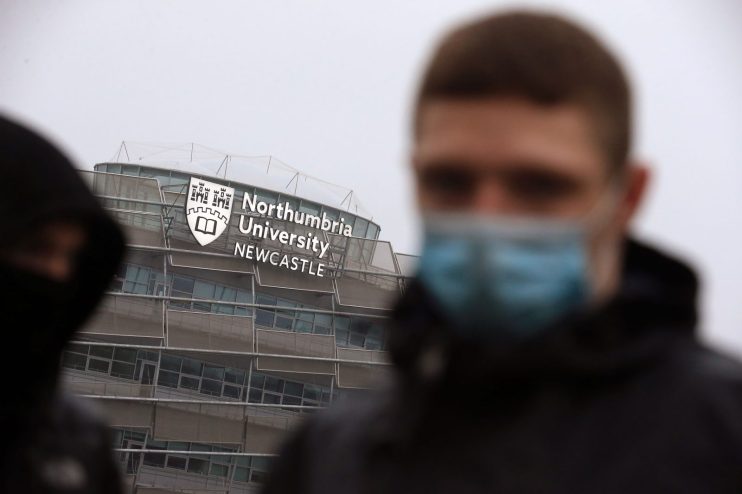Generation Covid are being denied the opportunities we all took for granted

This week, a new study by the London School of Economics — the most comprehensive of its kind — confirmed our worst fears about the economically divisive impact of the pandemic.
Any pretext that we are “all in this together” has been utterly dashed. According to the research, young people have seen their job prospects and earnings hit hardest of all age groups as a result of Covid-19. More than twice as many young people have lost their jobs as older people, and over half of have seen their earnings fall.
Unsurprisingly, those from deprived backgrounds are the worst hit. The same is of course true from an educational perspective. Some 74 per cent of private school pupils had full days of teaching during the initial lockdown, compared to just 38 per cent of state school children. Any hope of narrowing the attainment gap has gone up in smoke.
We did not need a new study to tell us that economic and educational inequalities have been exacerbated by the upheaval of the past six months. Still, it is stark to have such clear evidence that one’s ability to weather this storm is disproportionately based on wealth. The pandemic is deepening the chasm between rich and poor for the youngest in society, while simultaneously destroying any means to close it.
Indeed, if one adds up all the blows to children, teenagers and young adults, it becomes obvious that this crisis has been a perfect storm of misfortunate — and not just economically.
For a start, thousands missed out on university places due to the algorithm debacle, despite a later U-turn from the government. For those who did manage to go to their university of choice, the mental health trauma of such an experience will likely have left its mark — banned from socialising, stuck in front of screens as learning moves online, and in some cases literally locked in tiny rooms by university authorities.
There can be no doubt that an experience which for so many of us was our first heady taste of true independence has been severely curtailed. And that loss will have an impact. Today’s students should be forgiven for feeling they are missing out on the formative experiences enjoyed by previous generations, while racking up sky-high debt for the privilege.
For those young who chose to get on the career ladder instead of university, the picture looks equally bleak. Not long ago, those who decided to avoid academia could find gainful employment in vocational trades or work their way up in sectors such as retail or hospitality. These are exactly the opportunities that are drying up as the economy nosedives.
A disproportionately high number of young people work in the retail or hospitality sector, while traineeship and apprenticeship opportunities are drying up as companies are increasingly uncertain about their ability to invest in their long-term workforce.
For some years, we have been contemplating the sad truth that our younger generations are highly unlikely to out-earn or live a better quality life than their parents or grandparents. The basic promise of a better life for those that come after us has been under threat for some time, with rocketing house prices, higher costs of living and increasing debt all skewing the board against our young people.
Now, the pandemic has poured fuel on the flames.
It little wonder that the youth of today are unenthused about the promise of tomorrow, nor that their mental health is in a perilous state. The charity Samaritans has found a major spike in anxiety and depressive symptoms among this cohort. This once again will primarily be concentrated among the worst-off, who are more likely to have missed out on educational opportunities or had their fledgling careers damaged.
The simultaneous challenges faced by our nation’s youth today will leave an indelible mark for years after the pandemic finally subsides. The LSE study must act as a wake-up call — not just to the government, but to society more broadly — that the pain and resentment being stoked up among Britain’s young people today will bring greater trouble tomorrow.
This pandemic has affected us all in one way or another, but for Britain’s youth it has come in like a wrecking ball.
Main image credit: Getty